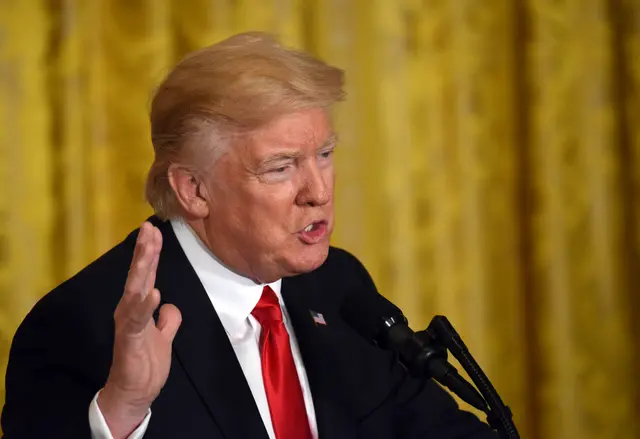The introduction of 5G technology will increase the development of the Internet of Things (IoT) by creating shorter time delays, better support access to more networks, greater density and higher reliability. For example, 5G offers a fast, reliable network connection for a range of devices, including smartphones, tablets and computers. The new technology will push the IoT to a new level while enabling the introduction of revolutionary applications.
China’s Huawei has focused its efforts on promoting the development of 5G technology. Since 2009, Huawei has invested at least 600 million US dollars in 5G research and innovation. Huawei currently has over 2,000 scientists and experts researching 5G, and has established 11 5G research centers globally. Meanwhile, Huawei has successfully cooperated with top telecom giants and partnered with companies in other industries around the world to further promote 5G technology. Of course, Huwei is not the only company in China’s communications industry to make efforts and achievements in this regard.
The Narrow Band Internet of Things (NB-based) IoT) Technology Application Achievements Area at the 2017 China IoT Conference with the theme of “Intelligent ICT, creating a smart society” in Fuzhou on November 9, 2017 / VCG Photo
Huawei and other Chinese firms are helping operators to develop new IoT services based on existing wireless infrastructure, which is made using Narrowband IoT (NB-IoT) standards. New standards based on Industry 4.0 and China’s 2025 campaign have made it easier to develop IoT products on a large scale with management functionality similar to mobile devices, capable of managing sensors remotely to enable connectivity, intelligence and security. The development of the IoT with 5G deals not only with sensors and devices, but also the connectivity of various applications through a partner ecosystem. That is to say, building a strong IoT ecosystem requires cooperation with partners in many industries.
Recently, the United States announced crippling new trade tariffs against China and restrictions on Chinese enterprises looking to invest in the US, causing China-US trade tensions to rise. Moreover, this tense economic atmosphere has spread across the world. The battle of trade tariffs began after accusations by the US that China has stolen intellectual property (IP). 5G has a negligible dependence on the US market, and is largely unaffected by the US tax. In the long run, China will accelerate the development of frontier technologies such as 5G. In the telecommunications industry, domestically-engineered 5G technology, high-speed optoelectronic chips and communication chips are facilitating IoT development.
VCG Photo
The development of the new generation of information technology, such as 5G and the IoT, cannot be realized without extensive cooperation among industries. Chinese firms like Huawei and ZTE have set up partnerships across the globe. For example, Huawei and Japan’s SoftBank have partnered using an end-to-end 5G network to carry out a variety of application scenarios for industrial partners. Also, in the Internet of Vehicles (IoV), Huawei has worked with a number of automotive companies to demonstrate 5G remote driving technology in a real network environment.
In the current economic climate, increased trade tariffs have little influence on China compared with the US, especially in the information and communications technology (ICT) industry. China is an important market for American electronics producers and a key consumer of high-level chips and core equipment. A trade war could have a significantly negative impact on the US electronics industry. The US has also blocked the use of certain products from China, such as Huawei and ZTE smartphones, meaning dependence on the US market is low.
VCG Photo
There’s an African proverb that states, “If you want to go fast, go alone. If you want to go far, go together.” This speaks to one truth, through win-win cooperation we can make big and sustainable achievements that are beneficial to all. In the face of tense trade relations, China should extend the protection of IP rights to include foreign companies, and seize the opportunity to sustain the momentum for global free trade under the Belt and Road Initiative.
(CGTN)
 简体中文
简体中文

